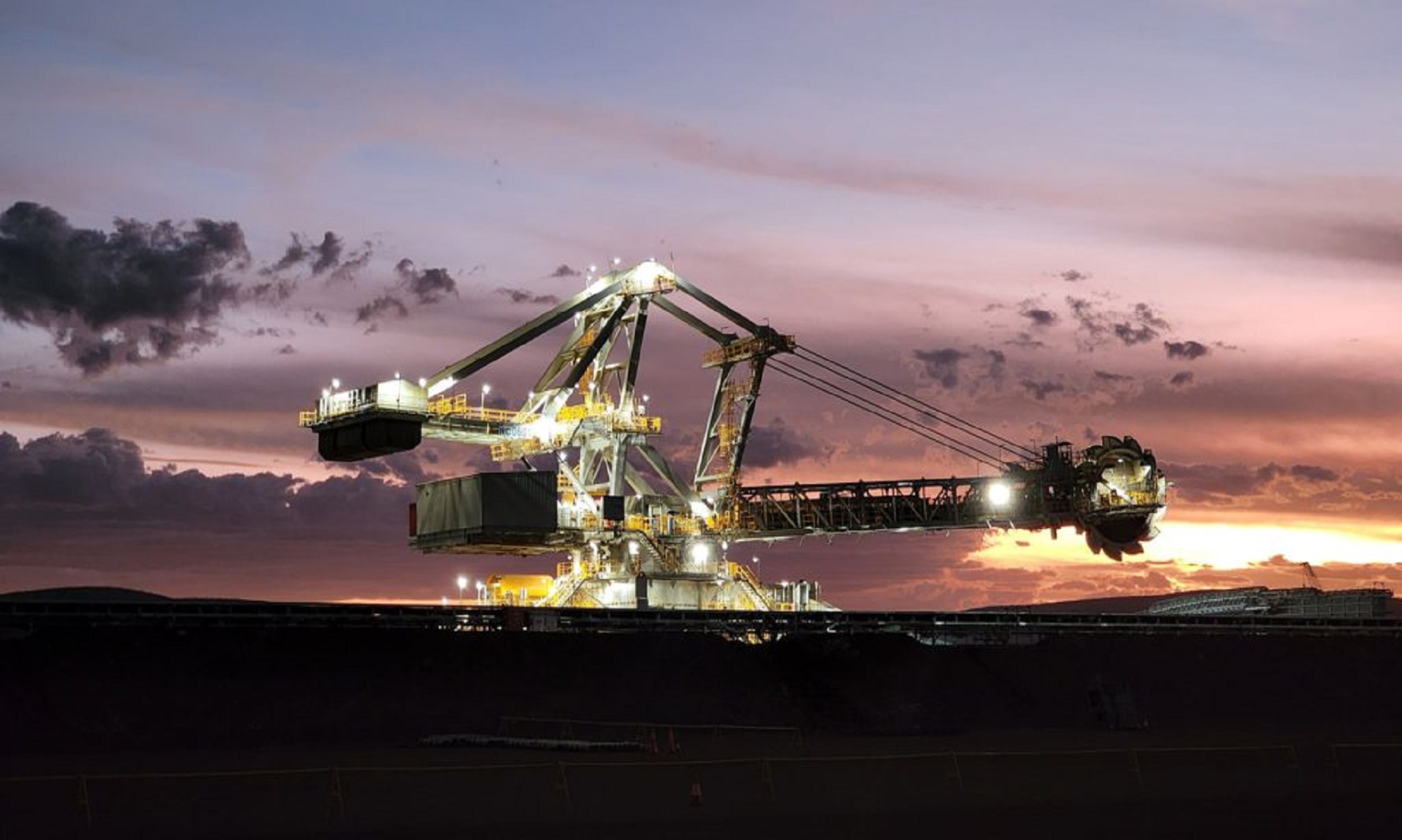SYDNEY, Jun 22 (NNN-AGENCIES) – Minerals giant, Rio Tinto, opened what it claims, its most technologically advanced iron ore mine in Pilbara region of Western Australia (WA), yesterday.
The Gudai-Darri mine, the first to be opened by Rio Tinto in that region, for more than a decade, will rely on an unprecedented use of advanced technology, including robotics for the ore sampling laboratory, as well as, for the distribution of parts in the new workshop.
Aside from self-driving trucks and trains, the heavy-duty innovations will include the world’s first autonomous water carts, to dampen down dust around the mine site. The vehicles’ onboard systems will detect dry conditions and then trigger water to spray around the surroundings.
The mine also has a 34-megawatt solar farm, due to open in Aug, which consists of 83,000 solar panels that will meet a large portion of the mine’s electricity demands.
Rio Tinto Iron Ore Chief Executive, Simon Trott, said, Gudai-Darri’s “combination of data and analytics, machine learning and automation, will make this mine safer and more productive.”
Gudai-Darri is expected to produce up to 43 million tonnes of iron ore annually, for more than 40 years and could eventually produce 70 million tonnes a year if an expansion plan eventuates.
At the mine’s opening ceremony, WA Minister for Mines and Petroleum, Energy, Corrective Services and Industrial Relations, Bill Johnston, described Gudai-Darri as being a “prototype of the mine of the future.”
“Once the new solar farm is complete, it will be able to power a third of Gudai-Darri’s operational needs with renewable energy,” Johnston said.
“This will reduce carbon dioxide emissions by 90,000 tonnes a year, which is the same amount produced by 6,000 Australian homes each year.”
Also present at the opening were a large contingent of indigenous people, known as the land’s traditional owners, who danced and performed a smoking ceremony, which is an ancient goodwill gesture, believed to ward off bad spirits.
“We worked closely with both the Banjima and Yindjibarndi People, through the planning and development stages, and we look forward to partnering with them into the future, to ensure the project achieves significant social and economic benefits,” Trott said.– NNN-AGENCIES





